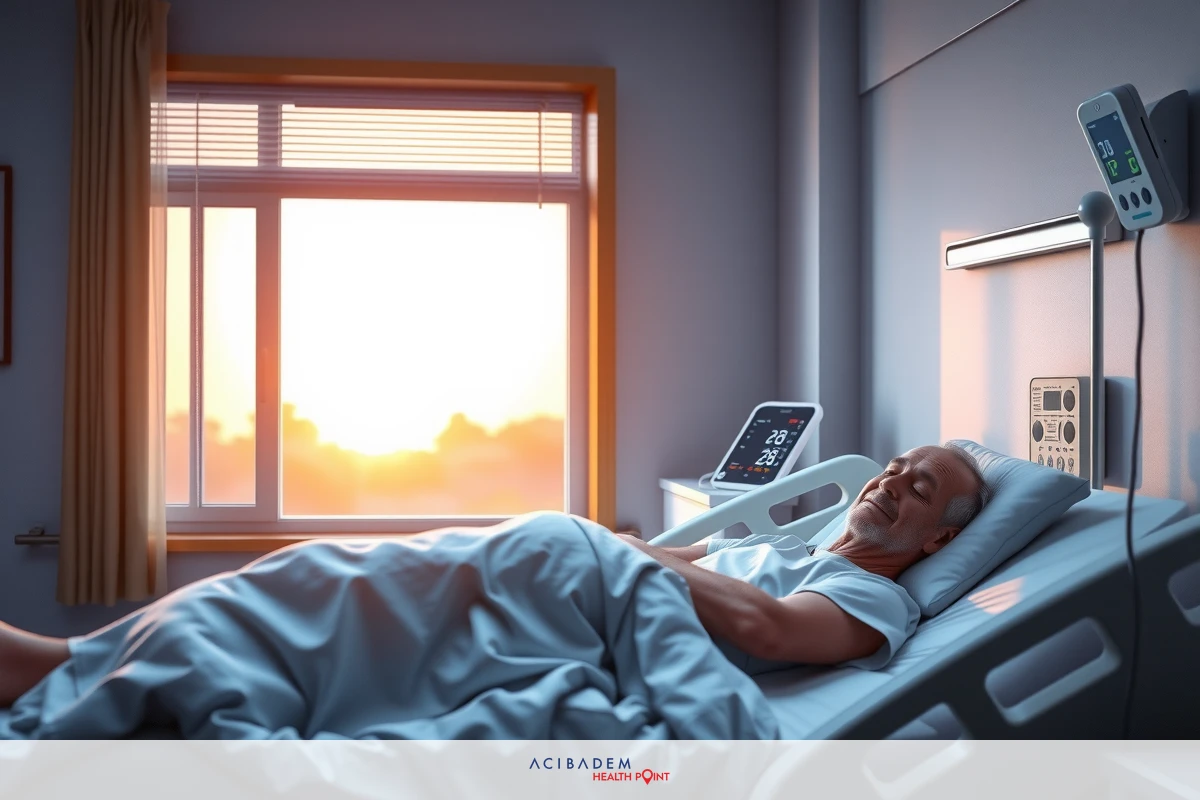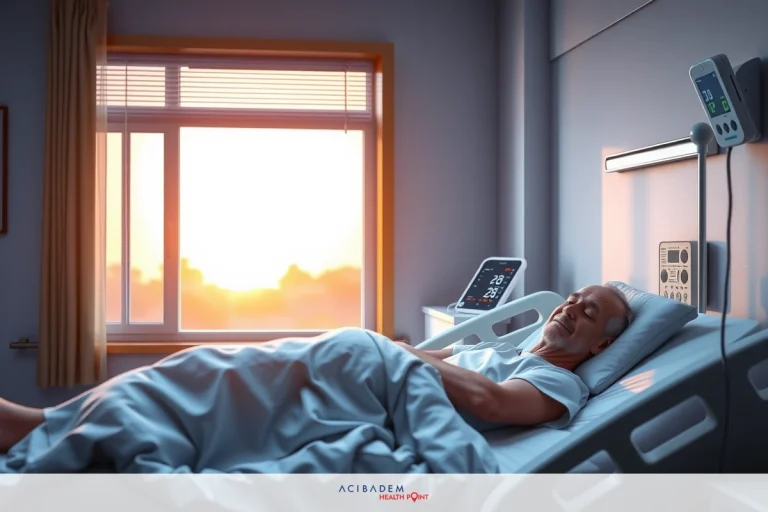Why Can’t You Exercise After Rhinoplasty
Why Can’t You Exercise After Rhinoplasty Rhinoplasty, frequently known colloquially as a ‘nose job’, is a prevalent form of surgery aimed at improving both the shape and function of the nose. Despite its popularity, there are strict recovery guidelines that patients must adhere to after surgery for optimal results. One such guideline is the recommendation against exercising during the initial stages of recovery.
The main reason for this restriction lies in the fact that physical activity can increase blood pressure, which in turn could exacerbate swelling and potentially lead to complications such as bleeding. Certain movements and exercises could accidentally impact the healing nose, risking damage or displacement. It’s therefore essential to understand why you can’t exercise after rhinoplasty and what you can do instead to aid your recovery.
Rhinoplasty Surgery
Rhinoplasty, also known as nose reshaping, is a widely sought-after procedure in both aesthetic and functional surgery. Cosmetic rhinoplasty focuses on altering the shape and look of the nose to enhance its aesthetic appeal, while functional rhinoplasty aims to correct breathing issues often associated with a deviated septum or other nasal deformities. This form of surgery involves careful manipulation of the bone and cartilage within the nose, which is why postoperative care is crucial.
Upon completion of the surgery, patients are typically required to wear a nasal splint during the initial recovery period. This splint aids in maintaining the new shape of the nose as it heals. It’s important to note that swelling and bruising are normal parts of the recovery process after rhinoplasty surgery. Patients may experience these symptoms for several weeks following the procedure. Any intense physical activity during this delicate healing phase can exacerbate these symptoms and delay recovery.
Exercise, in particular, can be detrimental to recovery after rhinoplasty surgery. Certain movements could potentially impact the healing nose, causing damage or displacement. Exercise tends to increase blood pressure and heart rate. While normally beneficial for health, this increased blood flow can lead to heightened swelling in the postoperative period following rhinoplasty surgery. Abstinence from physical activity until your doctor gives you clearance is an essential part of postoperative care.
The Importance of Postoperative Care
Postoperative care plays a crucial role in achieving optimal results following a rhinoplasty procedure. It is important to understand that while the surgery itself is a important aspect, the recovery phase holds equal importance as it directly impacts the final outcome of the procedure. Following the surgeon’s postoperative care instructions can significantly influence and enhance the healing process, ensuring a successful rhinoplasty recovery.
One of the key aspects of postoperative care after rhinoplasty involves avoiding strenuous physical activities, including exercise. This restriction is not only to prevent any accidental impacts to the nose but also to minimize swelling and potential bleeding complications. Exercise increases blood pressure, which can contribute to increased swelling and delay the healing process. Therefore, abstaining from physical activity during the recovery period is a key factor in ensuring a smooth and successful recovery.
Patients are often advised to keep their head elevated, avoid blowing their nose and limit sun exposure during the initial postoperative period. These guidelines may seem simple, but they play an integral role in aiding recovery and achieving optimal results. By diligently following these instructions and working closely with their healthcare provider, patients can ensure a successful recovery and enjoy the full benefits of their
rhinoplasty surgery.

Why Can’t You Exercise After Rhinoplasty: Avoiding Exercise During Recovery
The recovery period following a rhinoplasty procedure is a critical time when the body needs ample rest to heal and adapt to changes. Strenuous physical activity, such as exercise, can jeopardize this healing process. While it may be challenging for those accustomed to daily workouts, understanding the reasons to avoid exercise after rhinoplasty can motivate patients to prioritize their recovery.
When we engage in physical activity, our heart rate increases, and with it, our blood pressure rises. This isn’t usually a problem, but after undergoing a surgical procedure like rhinoplasty, increased blood pressure can lead to complications. Heightened blood pressure can cause more pronounced swelling in the nasal area and increase the risk of bleeding, both of which can prolong the recovery period. Therefore, refraining from exercise during the initial stages of recovery is crucial to prevent these potential issues.
Certain forms of exercise pose a risk of accidental impact to the nose. Activities involving balls, physical contact, or rapid movements could potentially harm the healing nose and disrupt its new shape. Even exercises that don’t inherently involve such risks should still be avoided due to the aforementioned concerns related to blood pressure and swelling. A gradual return to light activities is generally recommended once approved by the healthcare provider overseeing your postoperative care.
Why Can’t You Exercise After Rhinoplasty: Frequently Asked Questions
Can I do light exercises during the recovery period?
It is best to refrain from any form of exercise, even light activities, during the initial recovery period. This allows your body to focus on healing and minimizes the risk of complications such as increased swelling or bleeding. Follow your surgeon's instructions and wait until they give you clearance before resuming any level of physical activity.
What can I do instead of exercise during my rhinoplasty recovery?
While it is important to avoid exercise, there are still plenty of activities you can engage in during your recovery period. Focus on rest and relaxation, catch up on reading or watch movies, listen to music or podcasts, spend time with loved ones, or explore hobbies that don't require physical exertion. Be sure to consult with your surgeon for personalized recommendations based on your specific case.
How long should I avoid exercise after rhinoplasty?
The duration of avoiding exercise varies depending on individual healing progress and the specific instructions given by your surgeon. Typically, patients are advised to abstain from exercise for at least 2-4 weeks after rhinoplasty. It's essential to follow the guidance provided by your surgeon as they will have a better understanding of your unique circumstances.
Can exercise affect the final results of my rhinoplasty?
Engaging in exercise too soon after rhinoplasty can potentially impact the final results of the procedure. Physical activity can increase blood pressure and swelling, which may affect the healing process and the desired outcome. It is vital to prioritize your recovery and follow postoperative care instructions to ensure optimal results from your rhinoplasty surgery.
When can I start exercising after rhinoplasty?
t is important to consult with your surgeon for specific instructions regarding exercise after rhinoplasty. Generally, you should avoid any strenuous physical activity, including exercise, during the initial stages of recovery. Your surgeon will provide guidance on when it is safe to gradually reintroduce exercise into your routine.











